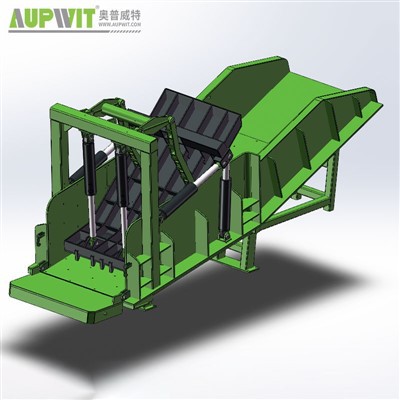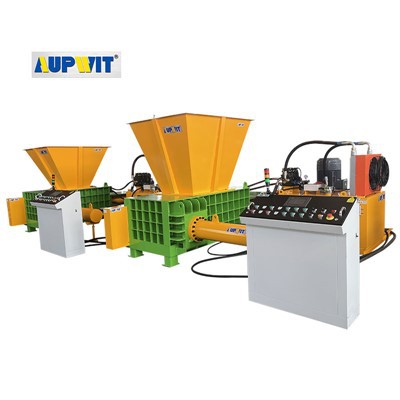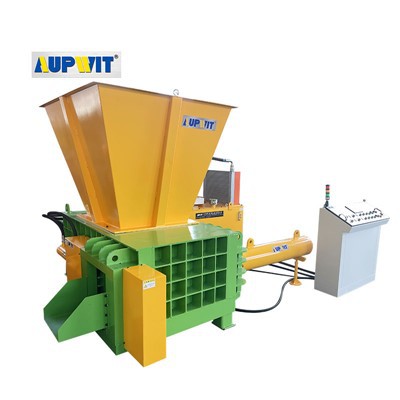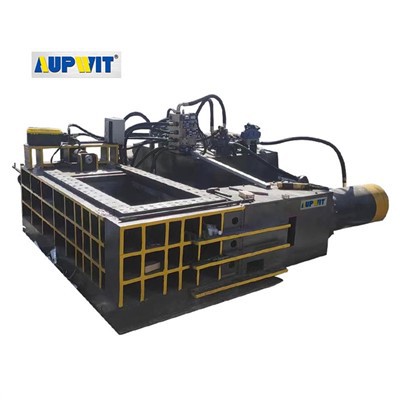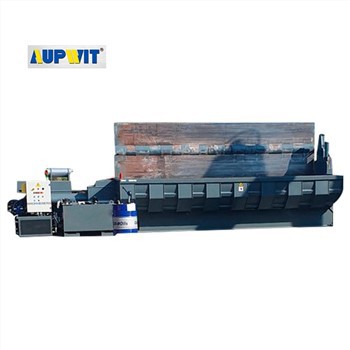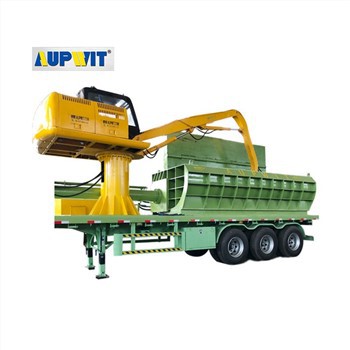Tire balers, with their remarkable functionality, find extensive applications across diverse sectors. Understanding these scenarios helps both businesses and waste management entities to optimize their operations.
Recycling Centers:Recycling centers are one of the primary beneficiaries of tire balers. With large volumes of tires flowing in daily, balers compress these tires into manageable bales. This compression speeds up processing, enabling centers to handle more tires in less time. The compact bales are also easier to transport to downstream facilities, where they are turned into valuable recycled products like rubber mats or playground surfacing materials.
Tire Dealerships:Tire dealerships frequently deal with used tires traded in by customers. Balers can be used to compress these tires on - site. By doing so, dealerships can free up storage space, which is often at a premium. The compressed bales can then be sold to recycling companies at a better price, creating an additional revenue stream.
Municipal Waste Management:Cities generate a significant amount of used tires. Municipal waste management departments can deploy tire balers to deal with the large - scale collection of discarded tires. Compressing tires reduces the risk of environmental pollution and health hazards caused by piles of loose tires. It also streamlines the disposal process, making it more efficient and cost - effective.
Industrial Sites:Industrial sites that use a large number of tires, such as mining operations or large - scale manufacturing plants, can benefit from tire balers. The balers can quickly compress worn - out tires, enabling the reuse of these materials in the form of rubber products. This reduces the need for external disposal services and promotes a circular economy within the industrial complex.
Overall, tire balers prove their worth in various scenarios, facilitating efficient waste management, cost savings, and resource conservation.


